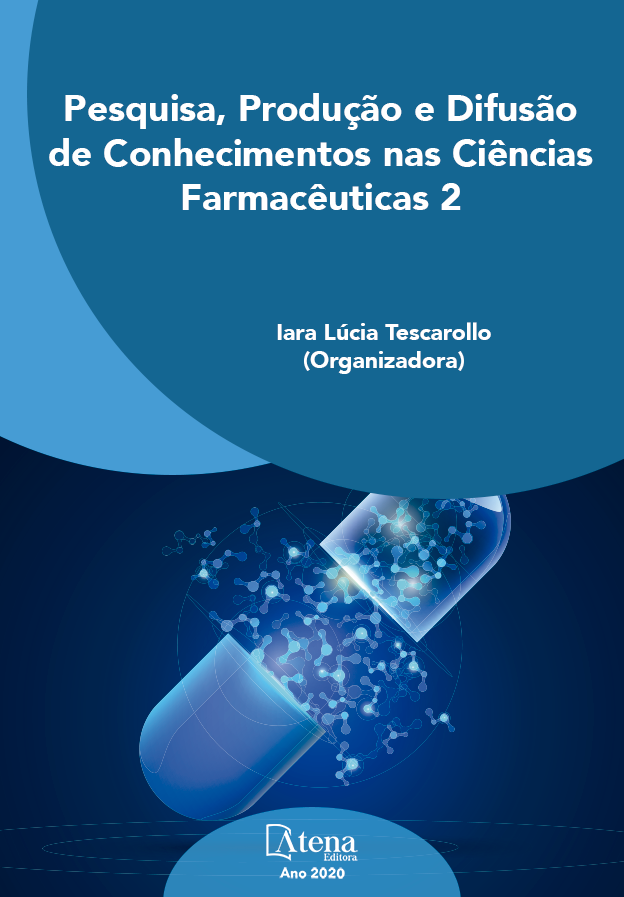
AVALIAÇÃO DO PERFIL RENAL DE PORTADORAS DE CÂNCER DE MAMA EM TRATAMENTO NO CENTRO DE ONCOLOGIA E HEMATOLOGIA DE CACOAL - RO
O câncer de mama é a neoplasia com maior incidência de mortalidade em mulheres no Brasil. O tratamento quimioterápico com antineoplásico objetiva destruir as células anormais, mas consequentemente afetam as células normais causando vários prejuízos no organismo: um deles a nefrotoxicidade. O objetivo do estudo foi avaliar as alterações no perfil renal decorrente do uso de antineoplásicos administrados de acordo com o protocolo de tratamento individual nas pacientes com câncer de mama, em tratamento quimioterápico com antineoplásicos no Hospital São Daniel Comboni - Centro de Oncologia e Hematologia de Cacoal no Estado de Rondônia. O método utilizado foi estudo dos dados obtidos através de exames laboratoriais (preconizados pelo SUS) do perfil renal (ureia plasmática e creatinina K plasmática) e avaliação dos prontuários, aprovado por meio do Certificado de Apresentação para Apreciação Ética 18226619.3.0000.5298 pelo colegiado Comitê de Ética em Pesquisa (CEP). Participaram da pesquisa 18 pacientes em tratamento quimioterápico e/ou associado à hormonioterapia, com idade entre 30 a 67 anos, sendo 17 com diagnóstico de carcinoma ductal invasivo e 1 de carcinoma in situ. Sendo assim, em relação aos valores laboratoriais analisados da ureia, os picos de alterações foram nas pacientes com protocolos de tratamento com doxorrubicina associada a ciclofosfamida (AC) ou seguido de Paclitaxel (AC-T), já os valores de creatinina tiveram oscilações, mas dentro do padrão da normalidade. Com base no estudo as pacientes apresentaram oscilações que devem ser acompanhados individualmente durante o tratamento, levando em consideração toda anamnese relatada ao oncologista, para descartar possíveis lesões renais.
AVALIAÇÃO DO PERFIL RENAL DE PORTADORAS DE CÂNCER DE MAMA EM TRATAMENTO NO CENTRO DE ONCOLOGIA E HEMATOLOGIA DE CACOAL - RO
-
DOI: 10.22533/at.ed.64820201110
-
Palavras-chave: Antineoplásico. Neoplasia da mama. Testes de função renal.
-
Keywords: Antineoplastic. Breast cancer. Renal function tests.
-
Abstract:
Breast cancer is the disease with the highest incidence of mortality in women in Brazil. Chemotherapy treatment with anti neoplastic aims to destroy the abnormal cells, but consequently affect the normal cells causing various damages in the body: one of them nephrotoxicity. The aim of this study was to evaluate changes in renal profile resulting from the use of antineoplastic drugs administered according to the individual treatment protocol in breast cancer patients undergoing antineoplastic chemotherapy at the São Daniel Comboni Hospital - Oncology and Hematology Center of Cacoal in the state of RO. The method used was the study of data obtained through laboratory tests (recommended by SUS) of the renal profile (plasma urea and plasma creatinine K) and evaluation of medical records, approved by the Certificate of Presentation for Ethical Appraisal 18226619.3.0000.5298 by the Board of Research Ethics (CEP). Eighteen patients undergoing chemotherapy and / or hormone therapy treatment, aged 30 to 67 years, 17 with invasive ductal carcinoma and 1 carcinoma in situ participated in the study. Thus, related to the laboratory values analyzed for urea, peaks of change were in patients with treatment protocols with cyclophosphamide-associated doxorubicin (AC) or followed by paclitaxel (AC-T), as creatinine values had oscillations, but within the standard range of normality. Based on the study, the patients presented oscillations that needs to be individually monitored during treatment, considering the anamnesis reported to the oncologist, in order to brush aside possible kidney damage.
-
Número de páginas: 11
- CÁTIA CUSTÓDIO DA SILVA
- FABIANA DALTRO
- CARLA DAIANE MONTEIRO DA SILVA


